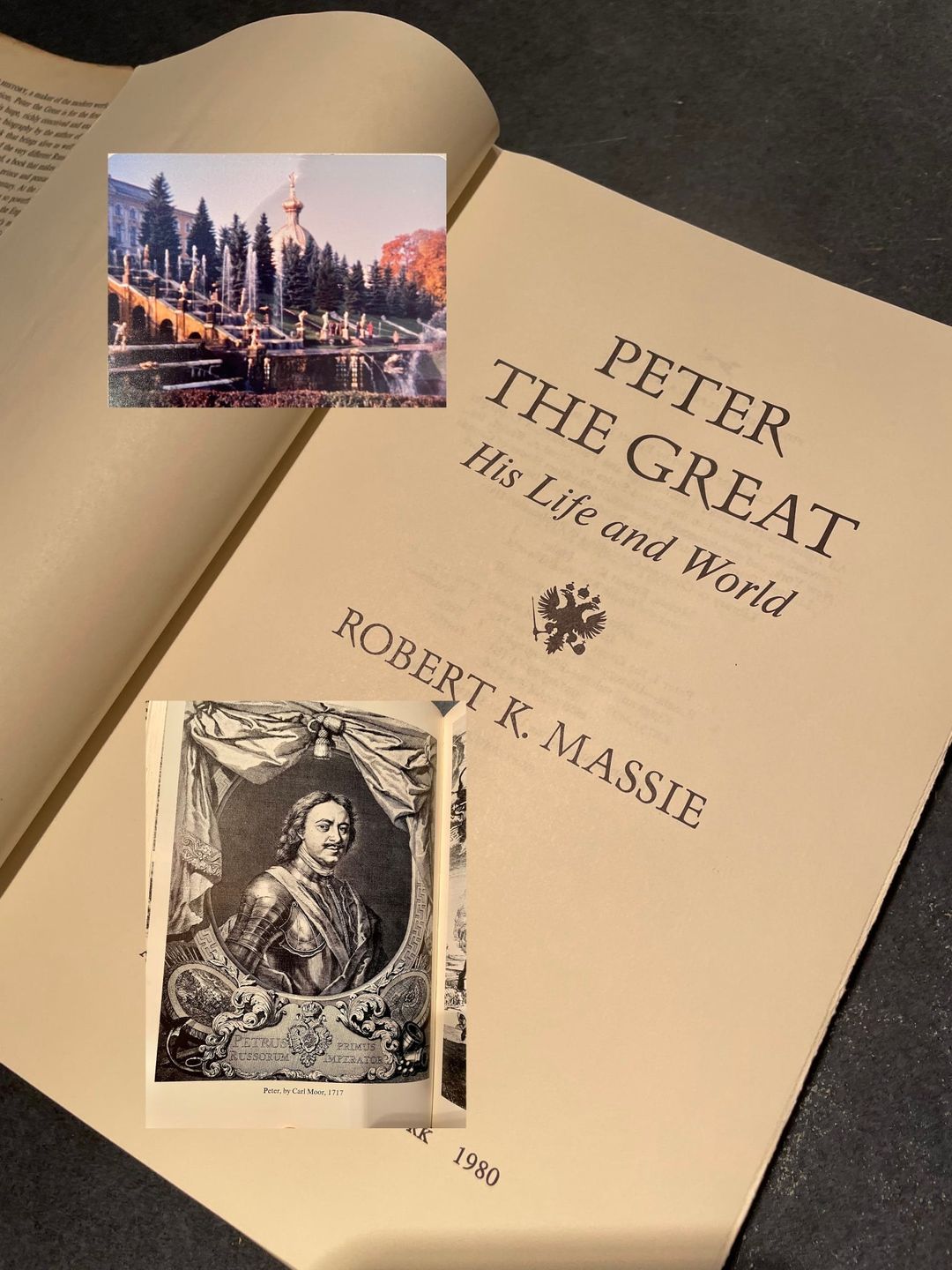April 25, 2022 – My interest in Russia pre-dated my travels behind the Iron Curtain.
When my sisters and I were young, every year a few days before Christmas our family would visit the Ibele’s in the Kenwood neighborhood of Minneapolis. Warren Ibele was Dean of the Engineering School at the U of MN, and his wife, Mary, had been my mother’s colleague when right out of grad school, the two worked as social workers at Childrens’ Home Society in Minneapolis. The four Ibele kids were certifiable brainiacs, full of sophisticated humor and interests, and in age and temperament, at least, they matched up with my three sisters and me. In the fall of 1960, Warren had visited Russia on an academic exchange program, and when we gathered for our annual Christmas dinner-visit, he regaled us with a wonderfully narrated slide show of scenes from Moscow and Leningrad. I was only a first-grader, but I was fascinated by images of the Kremlin, Red Square, and St. Basil’s Cathedral in Moscow and of St. Isaac’s Church, the Admiralty, the Hermitage, and Petrovoredts in Leningrad. Warren Ibele’s usual enthusiasm was icing on the cake. I said to myself, “I want to go to Russia someday.”
Years later, as an undergraduate, I wrote a paper on Tsar Peter the Great (1672 – 1725). The issue was whether Peter was truly Western or just enamored of Western ships, attire, and bright shiny objects. After quite a lot of reading, I concluded (and argued) that he’d become Western in outlook, not merely in appearance. In retrospect, however, I believe I let wishful thinking influence my analysis. I wanted Peter to be Western, despite much evidence to the contrary.
As I traveled the length of Russia, I wanted the Russians I met to be Western. After all, they dressed like Westerners and they were interested in much that was Western—classical ballet, music, and literature. I wanted to think that what we had in common outweighed our differences. But just as post-college reading led me to a more objective assessment of Peter the Great, so too did my encounters with Russian people convince me that they were more Eastern than Western. If I learned anything in my travels it was that you can’t really know a place or its people without going there and meeting lots of people on their home turf.
I remember a candid conversation—by way of intense use of a Russian phrase book and lexicon—I had with a middle-aged Russian “economist” aboard the Trans-Siberian train. (After meeting what seemed to be an inordinate number of “economists,” I learned that “economist” meant “bookkeeper.”) When he asked me what I thought of Russia, I used the words “big,” “ponderous,” “literature,” “music,” “history,” “tragic,” “isolated,” and “outdated.” I wanted to add “clumsy” and “disorganized,” but my sense of diplomacy limited such candor. Language limitations prevented the man from communicating a verbal response, but I detected a mix of pride (in “big,” “literature,” and “music”) and disappointment (“ponderous,” “isolated,” and “outdated”) in his facial expressions.
In retrospect, I wonder how the Russian would’ve reacted if, more aptly, I’d borrowed the words of Winston Churchill and described Russia as, “a riddle, wrapped in a mystery, inside an enigma.”
(Remember to subscribe to this blog and receive notifications of new posts by email.)
© 2022 by Eric Nilsson
